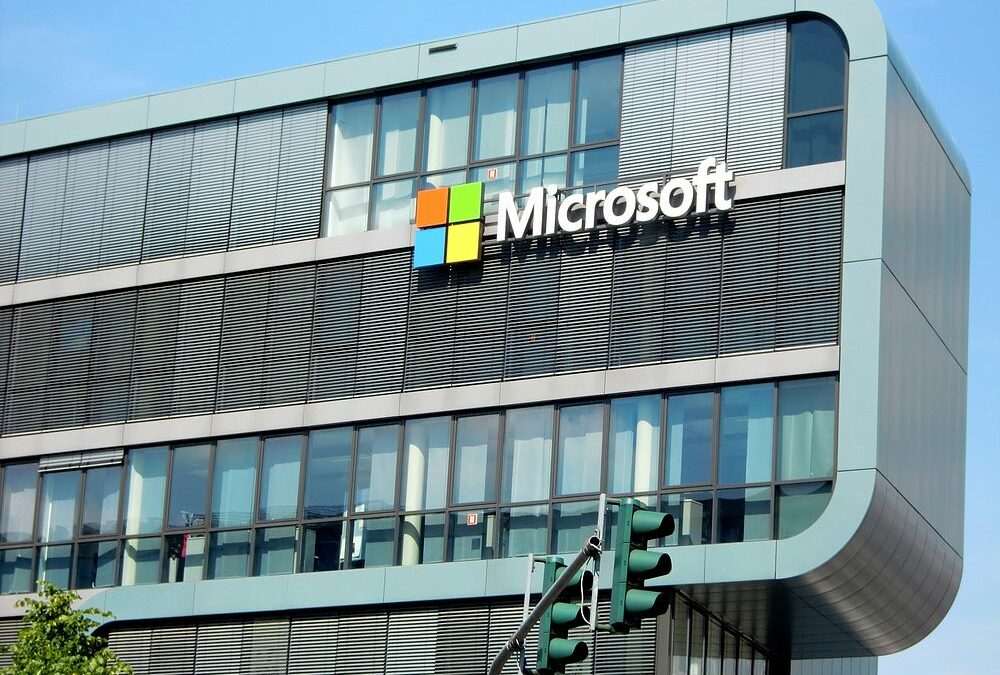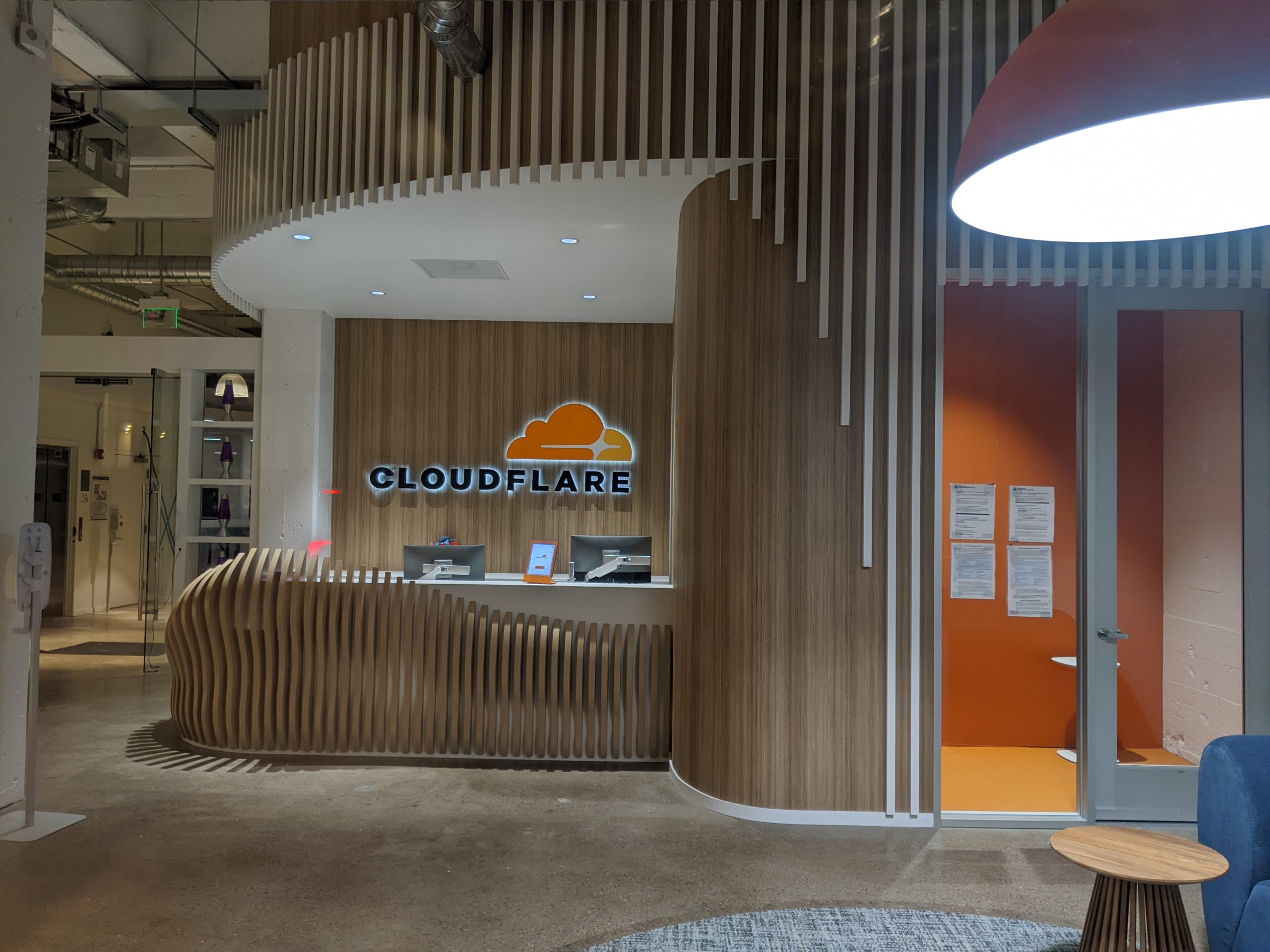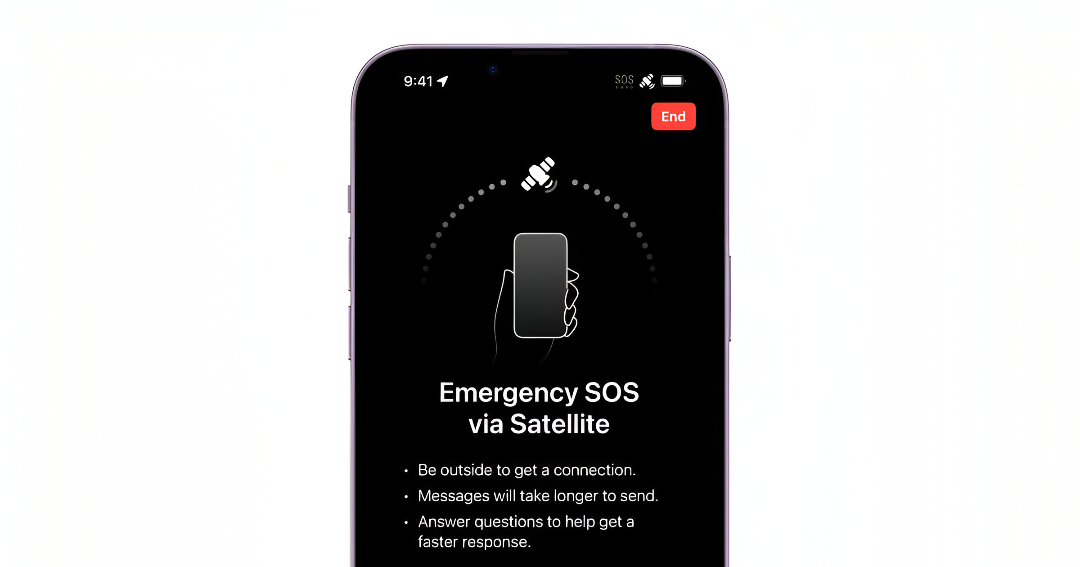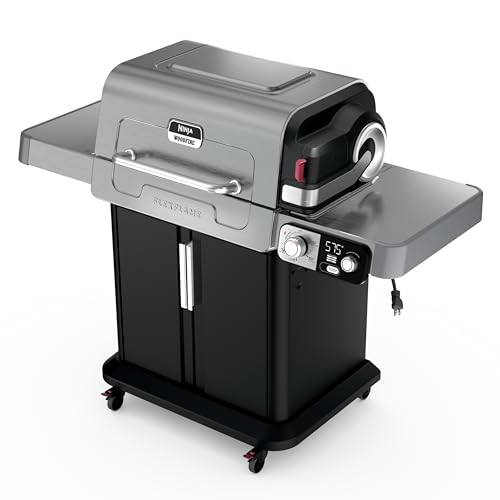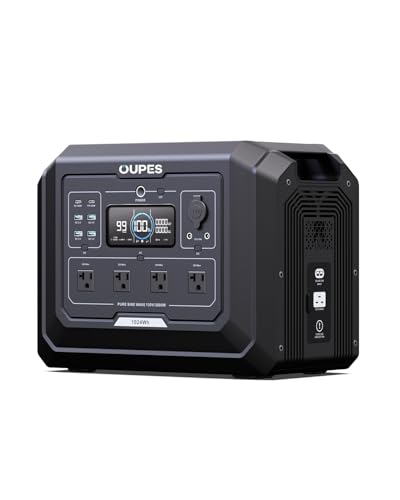Kroger, one of America’s largest grocery chains, is under investigation by Senators Elizabeth Warren and Robert P. Casey, Jr. for its use of digital shelf labels. The senators are concerned that these labels, known as Enhanced Display for Grocery Environment (EDGE) Shelf, may be used to change prices based on when people shop, raising questions about dynamic pricing and consumer privacy.
As grocerydive reports, the investigation comes at a time when Americans are spending a significant portion of their income on food, with income spent on food reaching a 30-year high. This makes consumers more vulnerable to potential unfair pricing practices.
Kroger has expanded its digital shelf label technology to an unspecified number of stores, with plans for further rollout. However, the company has not provided a specific timeline or details on how it will ensure that the technology is used fairly and transparently.
The senators have asked Kroger to provide data on the average percentage change in the price of items subject to dynamic pricing using the EDGE system over the first six months of its use. They have also inquired whether Kroger has ever used the system to change the price of an item more than once within the same day.
In addition to pricing concerns, the senators have raised questions about consumer data privacy, as pointed out by ibtimes. They cite the potential for Kroger to use facial recognition technology to collect personal data and push personalized offers and advertisements. Kroger has not yet addressed these concerns or provided information on how it will protect customer data from being used to discriminate based on protected classes such as race, gender, or age.
The investigation into Kroger’s digital shelf labels is part of a larger conversation about consumer rights and digital pricing practices in the grocery industry. As consumers become increasingly reliant on digital technology, it is crucial that companies prioritize transparency, fairness, and privacy in their pricing practices.
Senators Elizabeth Warren and Robert P. Casey, Jr. have expressed their concerns about Kroger’s use of digital shelf labels in a letter to the company. They wrote, “We are concerned that Kroger’s use of electronic shelf labels may be enabling the company to engage in dynamic pricing, where prices fluctuate based on the time of day, demand, or other factors”.
The senators also highlighted the potential privacy implications of the technology, stating, “We are also concerned about the potential for Kroger to use data collected through these electronic shelf labels to engage in personalized pricing or targeted advertising based on a consumer’s personal characteristics”.
Consumer Impact
The investigation into Kroger’s use of digital shelf labels raises important questions about how dynamic pricing may impact consumers, especially during times of high inflation. With food expenditure at a 30-year high, many Americans are already struggling to make ends meet. The potential for prices to change based on when people shop could further strain household budgets.
Moreover, the use of facial recognition technology to facilitate personalized offers and advertisements has raised concerns about consumer privacy and data protection. Consumers may feel uncomfortable with the idea of their personal information being collected and used for targeted marketing purposes.
As the grocery industry continues to adopt ESL technology, it is crucial that companies prioritize transparency and accountability in their pricing practices. Consumers have a right to know how their data is being used and to have the option to opt out of data collection if desired.
Image credit: Wikimedia







